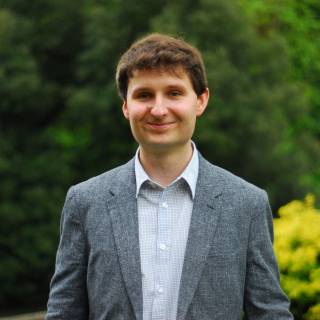
Online and brick-and-mortar museums in Central and Eastern Europe (1989-present)
Supervisor: Prof Hubertus F. Jahn (Cambridge)
Email: tw474@cam.ac.uk
I am interested in Central European politics of history and its manifestations in museums, textbooks, and music. I hold an undergraduate degree from St Andrews (Modern History and Russian, 2017) and a master’s degree from Cambridge (Modern European History, 2018).
In my doctoral research, I compare building-based museums with their online counterparts (based on websites or in mobile apps). How does the medium of the Internet influence museum narratives? Does online commemoration encourage the inclusion of hitherto underrepresented groups and their viewpoints? Are online museums by definition more transnational? Finally, how distinct are the physical and the virtual realms in museum exhibitions?
My research is based on six case studies from Germany, Poland, and Russia. All are history museums that deal with transnational twentieth-century topics, and all have both brick-and-mortar and online components. My research involves a ‘close reading’ of museum exhibitions, an analysis of publications and official documents (catalogues, programme statements, transcripts of parliamentary debates), interviews with museum curators and with ‘expert visitors’, and a quantitative analysis of visitor numbers and behaviours.
My preliminary results suggest that online museums in Central and Eastern Europe are more likely to be run by individuals and NGOs – actors underrepresented on the traditional commemorative arena – who often approach history from a local or transnational perspective. This is in contrast to the nation-building agenda of many state-funded museums. Somewhat paradoxically, however, the reach of online museums in the region is significantly lower than that of brick-and-mortar museums, which may account for the continued dominance of national narratives in the public space. Finally, in museum exhibitions the online and offline spheres are closely intertwined with one another. In many cases, the Internet – rather than democratising commemoration – simply provides new grounds for fighting old conflicts.
 Close
Close

